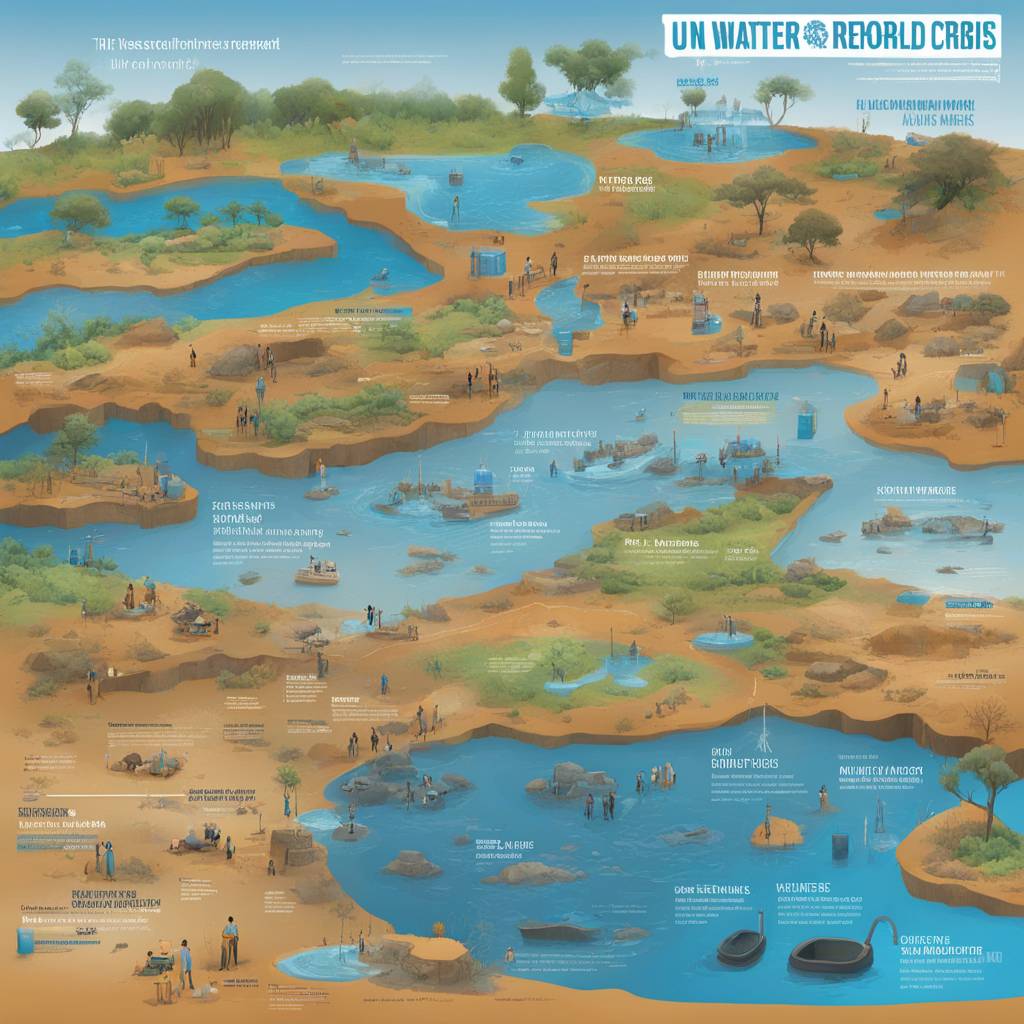The UN World Water Development Report 2024 highlights the increasing global water scarcity that is impacting 2.2 billion people who lack access to clean drinking water and 3.5 billion people without safely managed sanitation. Women and girls, especially in rural areas, are most affected by the lack of water security, with girls often dropping out of school due to spending hours collecting water. This issue not only contributes to geopolitical tensions but also undermines fundamental rights, particularly for women and girls. The lack of clean water in conflict zones further exacerbates the humanitarian crisis by disrupting medical treatment and hygiene practices.
The report also points out that as a result of water scarcity, there has been an increase in migration, with displaced people placing a strain on resources in areas where they seek refuge. The impact of water stress on migration is significant, with at least 10 percent of global migration attributed to water scarcity. Additionally, climate change is expected to worsen the situation by increasing the frequency and intensity of droughts and floods, affecting areas that already face severe water scarcity. Poorer countries, in particular, struggle to adapt to these challenges, with an estimated annual cost of $114 billion needed to provide safe drinking water, sanitation, and hygiene in 140 low- to middle-income countries.
In terms of international cooperation on water management, the report highlights that while 153 countries share water resources, only 24 countries have signed agreements to cooperate on all shared water bodies. More than 60 percent of global freshwater resources are shared by two or more countries, including major rivers in various regions. The UN Water Convention, established in 1992, aims to promote responsible joint management of water resources, with 52 state parties currently participating mainly from Europe, Asia, and Africa. The convention opened up to countries worldwide in 2016 to address the growing issue of transboundary water management.
The report emphasizes the need for collective action to address the global water crisis, underscoring the interconnectivity of water issues across regions. Water scarcity not only impacts access to clean water but also influences geopolitical tensions, displacement, and human rights violations. Addressing water-related challenges requires investment in infrastructure, technology, and policies to ensure access to clean water and sanitation for all. International cooperation is crucial in managing shared water resources effectively and sustainably, calling for increased commitment and collaboration among countries worldwide. By working together, countries can mitigate the impact of water scarcity, promote peace and prosperity, and safeguard this critical natural resource for future generations.



